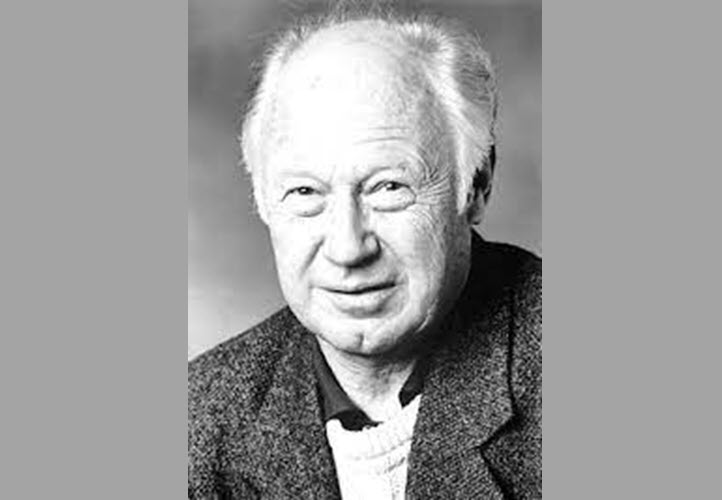Michael Smith’s Biochemical Odyssey

Michael Smith (26 April 1932 – 4 October 2000) was a Canadian biochemist who was awarded the Nobel Prize in Chemistry in 1993.
Life and Career
He was born on 26 April 1932, in Blackpool, England. He obtained his bachelor’s degree and master’s degree in chemistry from the University of Manchester in the UK. He then moved to Canada in 1956 to pursue his Ph.D. at the University of British Columbia, which he completed in 1959. His doctoral thesis focused on the synthesis and chemistry of phospholipids, which are important components of biological membranes.
After completing his Ph.D., he worked as a postdoctoral researcher at the University of Wisconsin in the US, where he studied the chemistry of proteins. He then returned to Canada and joined the National Research Council of Canada as a research officer, where he worked on protein synthesis and structure.
In 1966, he joined the faculty of the University of British Columbia as an assistant professor of biochemistry, where he remained for the rest of his career. He was eventually appointed as a University Killam Professor, the highest academic honor at the university.
He is best known for his development of a method called site-directed mutagenesis, it is a technique used in molecular biology that allows scientists to make specific and intentional changes to a DNA sequence. This technique has been invaluable in the study of the structure and function of proteins, which are important molecules in many biological processes.
His work on site-directed mutagenesis revolutionized the field of molecular biology, allowing scientists to study the precise effects of individual amino acid substitutions in proteins. This technique has had a profound impact on our understanding of protein structure and function and has paved the way for the development of new drugs and treatments for a wide range of diseases.
In addition to his work on site-directed mutagenesis, Smith also made significant contributions to the study of DNA repair mechanisms and the development of synthetic peptides.
He died on 4 October 2000, in Vancouver, British Columbia.
Award and Legacy
He was awarded the Nobel Prize in Chemistry in 1993 for his development of a method called site-directed mutagenesis.
His contributions to the field of molecular biology were significant, and his work on site-directed mutagenesis has been widely recognized as one of the most important breakthroughs in the field. He was also a strong advocate for science education and research funding, and his legacy continues to inspire new generations of scientists.
The Michael Smith Laboratories at the University of British Columbia, where Smith spent much of his career, is named in his honor, as is the Michael Smith Foundation for Health Research, a non-profit organization that funds health research in British Columbia.
Observer Voice is the one stop site for National, International news, Sports, Editor’s Choice, Art/culture contents, Quotes and much more. We also cover historical contents. Historical contents includes World History, Indian History, and what happened today. The website also covers Entertainment across the India and World.

